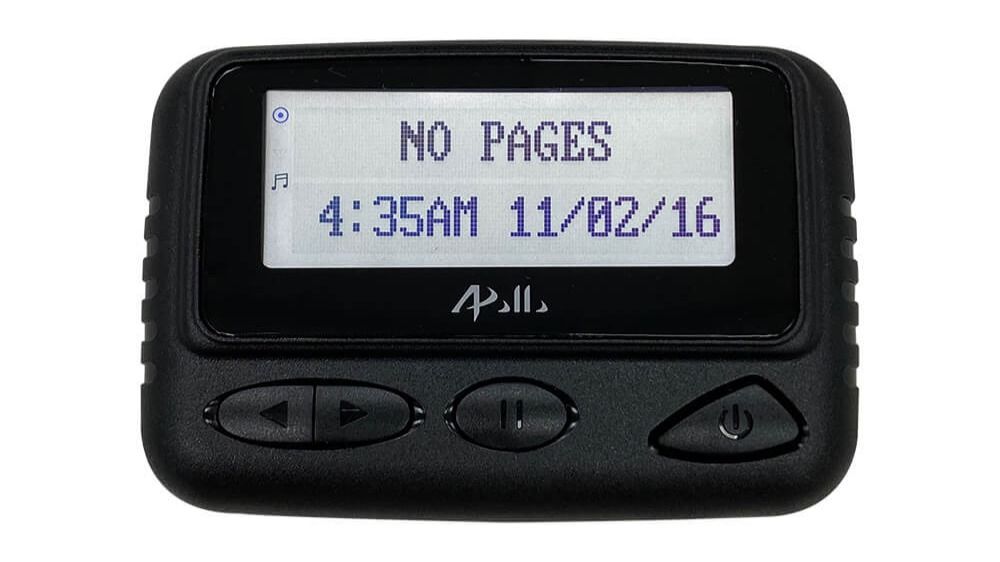In a shocking revelation, a report on Thursday alleged that a Hungarian firm, which apparently supplied pagers to Hezbollah, was secretly established by Israeli intelligence agents. This operation culminated in a series of deadly explosions earlier this week, targeting Hezbollah operatives in Lebanon. These blasts, which reportedly killed several and maimed thousands, have cast a spotlight on what is believed to be a widescale Israeli covert mission.
The report from The New York Times is the latest in a series of revelations about a secret Israeli operation that erupted publicly on Tuesday. That day, thousands of pager devices, used by Hezbollah members, exploded across Hezbollah strongholds. Just one day later, hundreds of walkie-talkies, also used by the terrorist group, detonated, fueling more fear and uncertainty across Lebanon.
The Covert Operation Unveiled
The Times report, citing three unnamed intelligence officers with knowledge of the operation, revealed that a Hungarian company, BAC Consulting, was established as a front by Israeli intelligence. Two additional shell companies were also created to conceal the link between BAC and Israeli operatives. BAC Consulting, listed as a limited liability company in Hungary in May 2022, was reportedly involved in supplying the explosive-laced pagers that Hezbollah had been using as part of its communications system.
Deadly Explosions Across Lebanon
According to the report, the pagers provided to Hezbollah were specially fitted with batteries that contained explosive materials, particularly PETN, a highly potent explosive. These devices began to be supplied to Hezbollah as early as 2022 and were designed to be used as part of the group’s emergency communication system in the event of a conflict with Israel.
A Strategy Years in the Making
The roots of this operation reportedly go back to 2022 when Hezbollah leader Hassan Nasrallah expressed distrust over the use of smartphones due to concerns about Israeli surveillance. Nasrallah had urged Hezbollah operatives to rely on older technologies like pagers, which he believed were more secure.
“The phone in your hands, in your wife’s hands, and in your children’s hands is the agent… Bury it. Put it in an iron box and lock it,” Nasrallah told his followers in February, according to the New York Times. Israeli intelligence officials saw this shift as an opportunity. As Hezbollah increasingly relied on these older devices, Israeli operatives saw them as “buttons” that could be pressed at any time to detonate, ultimately leading to this week’s devastating explosions.
Here is What Else You Need to Know
The devices used by Hezbollah, particularly the pagers, bore the branding of Taiwanese company Gold Apollo. Gold Apollo has since distanced itself from the incident, claiming that BAC Consulting was licensed to use its branding but was solely responsible for the design and manufacturing of the products.
“The design and manufacturing of the products are solely the responsibility of BAC,” Gold Apollo said in a statement. BAC Consulting’s CEO, Cristiana Bársony-Arcidiacono, also denied direct involvement, telling NBC News: “I don’t make the pagers. I am just the intermediate. I think you got it wrong.”
The Hungarian government also responded to the situation. Government spokesperson Zoltán Kovács stated that the pagers had never physically been in Hungary and that BAC Consultants acted purely as an intermediary. “Authorities have confirmed that the company in question is a trading intermediary, with no manufacturing or operational site in Hungary. It has one manager registered at its declared address, and the referenced devices have never been in Hungary,” Kovács said on social media.
Israel Remains Silent, but IDF Issues a Warning
Israel has neither confirmed nor denied involvement in the explosions. However, the timing and precision of the attacks suggest deep Israeli involvement, especially in light of past Israeli covert operations targeting Hezbollah.
IDF Chief of Staff Herzi Halevi, during a visit to Israel’s Northern Command on Wednesday, made a cryptic comment that seemed to hint at Israel’s broader capabilities. “We have many capabilities that we have not yet employed,” he said. “We have seen some of these [capabilities in use]. It seems to me that we are well prepared and we are preparing these plans going forward.”
What’s Next?
As Hezbollah deals with the aftermath of the explosions, which have rattled its leadership and spread fear across its ranks, many questions remain unanswered. How deep was the Israeli penetration into Hezbollah’s communications network? And could more devices, still undiscovered, be lying in wait?
While the full extent of the operation is still unclear, the deadly precision of the pager and walkie-talkie explosions suggests Israel’s intelligence services are capable of conducting even more sophisticated covert strikes. As the situation unfolds, it remains to be seen how Hezbollah will respond to this significant breach in its security.
Israeli intelligence agencies, have, for a long time, enjoyed a sense of aura, around the world. This is in large part due to shows on such as Tehran and Fauda. They lost that aura after the October 7th attack. However, now, ne thing is certain, Israel’s intelligence agencies have regained that aura. It turns out that Israeli spies are more creative than writers of Israeli thriller shows.
Israeli Shell Company Staffed by Israeli Spies Manufactured the Pagers that Hezbollah Bought world-news World News | Latest International News | Global World News | World News Today




